I’ve lost track of how many memoir-writing workshops I’ve taken over the years. Some have been more valuable than others, and some teachers have excelled while others seemed to have just been listening to themselves talk.
There is always a time in any memoir-writing workshop when someone — student or teacher — brings up the idea of having someone else sign off on their story because they don’t want to hurt a relative who will get mad at having family secrets and family stories exposed to the world at large.
This is the time when I always tune out. My parents are long dead, and my sister doesn’t care what I expose…or at least she says she doesn’t. In any case, plowing full steam ahead has always been my MO when it comes to writing. Through the decades, I’ve never needed anyone’s permission to write anything, and except for heeding the advice of the publishing lawyers who vet my manuscripts and tell me what to take out to avoid pissing off someone enough for us to spend the rest of our lives in court, I’ve largely always written how and what I’ve wanted to write.
But then I started reading Elissa Altman’s new book Permission: The New Memoirist and the Courage to Create, and something deep inside me started churning away. Have I been wrong about the whole permission thing when it comes to telling my own story?
I took a workshop with Elissa last winter and she provided several exercises that I use to this day. One was to change either the tense or the person and see how that affects the story.
I switched from past tense to present in one piece, and then from first to third person in another, and in both cases it felt like I had stuck my finger into an electric socket. It helped open up the story in the first case, and in the second, I was able to create some distance so that every word didn’t make my wall any thicker than it already was.
Elissa also took no guff in the workshop, something I typically appreciate ;-) Some teachers speak in flowery terms of writing your life story — whether just for yourself or for eventual publication — but Elissa was always realistic about the personal changes, both good and bad, that will inevitably arise when you really dig down deep to explore your life, something that writing an honest memoir and facing your own truth requires.
I haven’t even finished reading the book, but so far every other page is dog-eared with numerous passages underlined, circled, and marked up. Like on page 33:
“Unless she chose to write about it, this thing that had haunted her for so long, her work and her creative life would never lead to a place of transcendence.”
Absolute chills.
But my internal churning began on page 7 when Elissa wrote this: “As a writer who has spent a decade jigsaw-puzzling together this complicated family history….”
Jigsaw puzzling is exactly what I’ve been doing with my memoir. I started writing vague scenes about the items in my childhood kitchen cabinet as a place to start recovering the memories…and have basically never stopped.
I’ve always written my books in chronological order, following a rough outline: what I envision at the beginning is largely what I’ll have at the end.
But the memoir has been complicated by trying to remember things, as well as by the knowledge that childhood scenes would be interwoven with adult scenes and reflection.
And so I’ve been stuck on the jigsaw puzzling for at least a year. The pieces are out of the box, all right-side up, but I haven’t yet started to assemble the damn thing. I’ve started to pick away at putting the straight-edge frame together, but the other pieces are still a blur of colors, shapes and patterns, and I’m unclear where any of them go.
I realized while reading Elissa’s miraculous book that I do indeed need permission in order to proceed with my memoir.
Only it’s not someone else’s permission I’m looking for, it’s mine.
In other words, I haven’t given myself permission to write my own story.
Oh sure, deep down I know there have been the inevitable you mustn’t tell messages sent telepathically or otherwise over my childhood: No one must know what goes on inside these four walls because from the outside, everyone thinks we’re perfect. Indeed, I rarely had friends over to the house. And there are probably certain sentence fragments lodged irretrievably deep in my gray matter: Don’t tell anyone about this or It’s our little secret.
I don’t discount that at all. But what Elissa’s kind and gentle — and direct — words made bubble up was that I haven’t yet given myself permission to move forward with the memoir. I’ve been at the stage where I have plenty of scenes but hesitate to put them in any kind of order.
I’ve worked up to telling the what, but not the why.
What’s stopping me? This is impossible for me to admit out loud, but here goes: I’m afraid of what I’ll be looking at when it’s done. I’ll know the truth, and as people say about so many things, once I see it, I won’t be able to unsee it.
I’ll know my truth. And my story.
In other words, my why.
And then I’ll have to carry it as my story.
If I remain in my current purgatory, then I won’t have to go there.
For months I’ve known exactly what I need to do to move to the next phase: to look at the 70 or 80 scenes and fragments that I’ve already written and give each one a title. Then write each title on a color-coded Post-its — orange for childhood, pink for adulthood — so I can stick them to the wall and see what’s there, and then move them around to see which order works best, and then write new scenes to fill in the gaps.
And then I’ll finally see what the story is really about.
The Post-Its arrived two months ago, and they’ve remained in their sealed plastic…until today.
Sometimes self-disgust is a great motivator ;-)

A few hours ago I broke open the plastic, and with a green Sharpie scrawled the date of the Bicentennial, a pivotal event that ended up launching the trajectory of my life and career, a scene I’ve already written. July 4, 1976 was a day when everyone else was 20 miles away watching the Tall Ships, but I was a sullen 13-year-old stuck at home disinterestedly watching them on TV as my mother angrily pushed the lawn mower around the yard. My father was dead, my sister had been kicked out of the house shortly after, and the house felt like a morgue. I picked up the Sunday edition of the Bergen Record, a hefty doorstop in those days, and flipped through the Help Wanted ads.
Immediately, I projected myself into each position, wondering what it would be like to be the person who did those jobs, even if I didn’t know what an RPG II systems analyst or expeditor did. But I did know what a waitress did, the ones at Marie’s Dinette down on Rock Road were always happy to see me.
And one ad made me laugh:
It didn’t matter. I was not here somewhere else, no longer stuck on airless Bedford Place in ultra-conformist suburban Glen Rock, New Jersey, with no voice of my own. Instead I was exploring other people’s lives, seeing new places — if only in my mind — and wanted to know more.
In other words, the die was cast for my life as a writer, primarily about other people’s lives.
Back to today: Am I hesitant about proceeding? Yes. Will I stall and hem and haw about filling out more Post-Its and spending days transcribing the scenes I’ve already scrawled onto legal pads? Of course.
I’ve read hundreds of other memoirists’ accounts of their own permission struggles over the years, and one statement — I’ve lost track of who said it, maybe it was Hannah Sward in a recent interview — stands out to me, and I’ll paraphrase:
If you know your own story and your own truth, then you will be compelled to carry it for the rest of your days.
But, if you’re carrying it, you can also put it down.
Go buy Elissa’s book.
The last words of Permission:
"Don’t be afraid. Noli timere.”
Have you had a turning point when you finally granted yourself permission to tell your story or moved ahead on a long-stalled project? Leave a comment below.
This Week’s Takeaway: Where are you currently stuck? Do you feel that you need to get permission from someone else — or yourself — before you can move forward? Then just start, even with a tiny baby step, like scrawling out just one Post-It note, or creating a new document and typing the title of your eventual masterpiece at the top, or dictating your idea into your phone. DO IT NOW. Even a few words will transport you to the other side of your stuckness, and the mere act of creating something is giving yourself permission…and that’s the best feeling in the world.
Shameless Plug: Propaganda Girls: The Secret War of the Women in the OSS has been out for a couple of weeks in both the U.S. and the U.K., and it’s been an absolute whirlwind, from a lengthy review in the Wall Street Journal to a full-house launch day signing at Gibson’s Bookstore in Concord, New Hampshire, and a very hectic weekend at the Tucson Festival of Books. In many ways, digging into the lives of these women is the reason why you’re reading Rooting Around today. The four women — Betty, Jane, Zuzka, and Marlene [Dietrich] — accomplished so much while facing grave danger and insurmountable challenges that my own fears about exposing the truth of my life to other people felt miniscule in comparison.


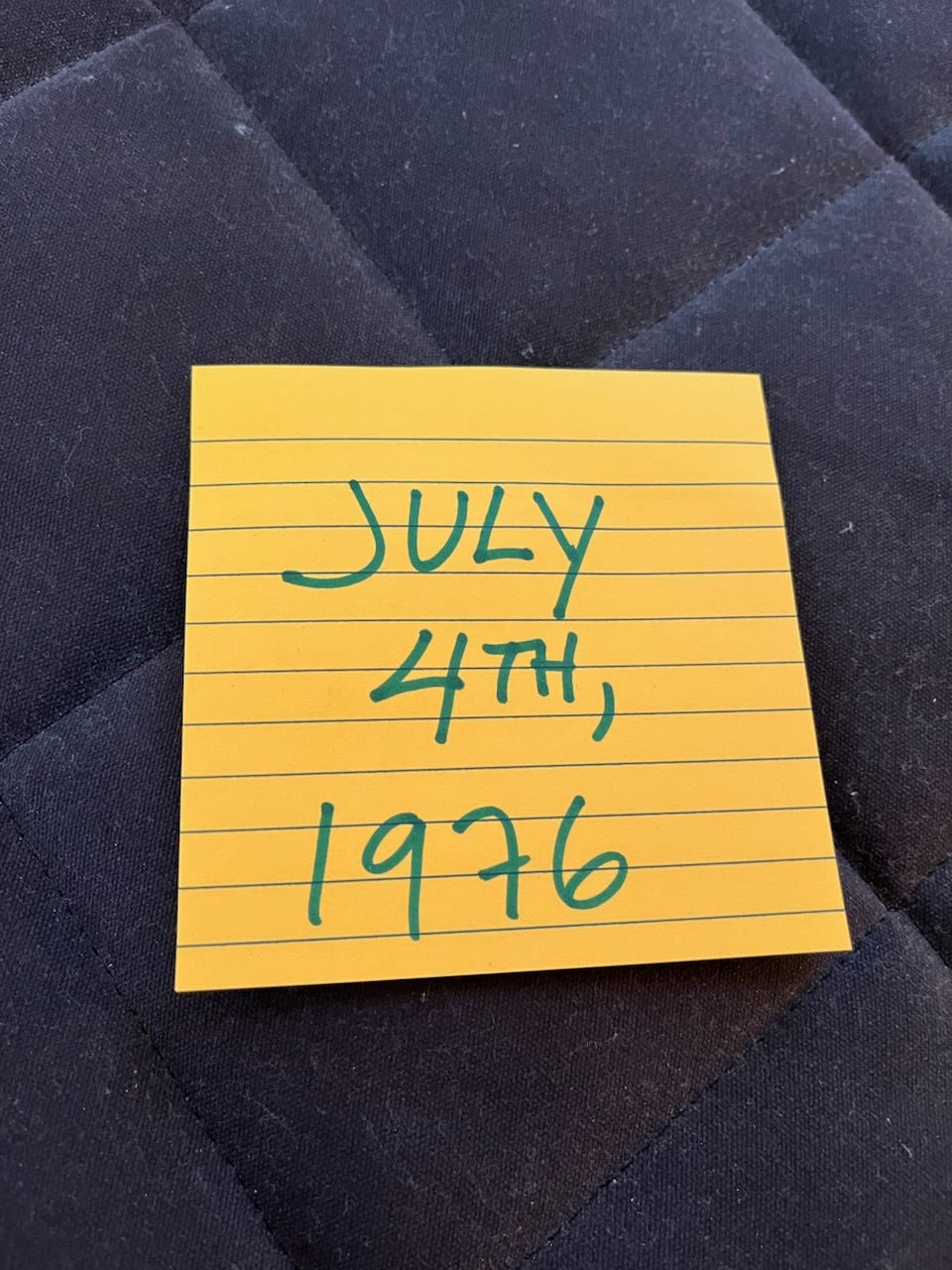
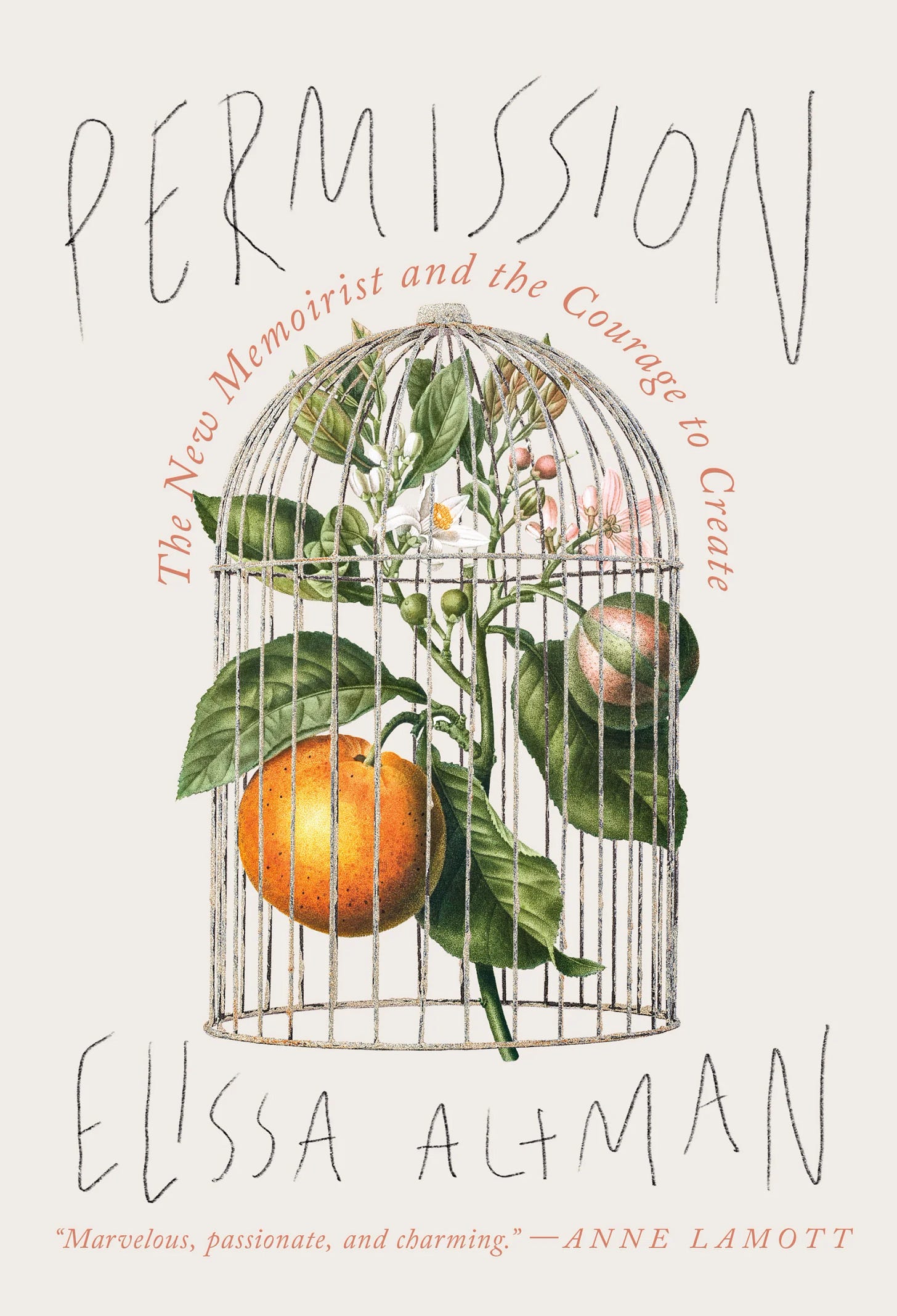
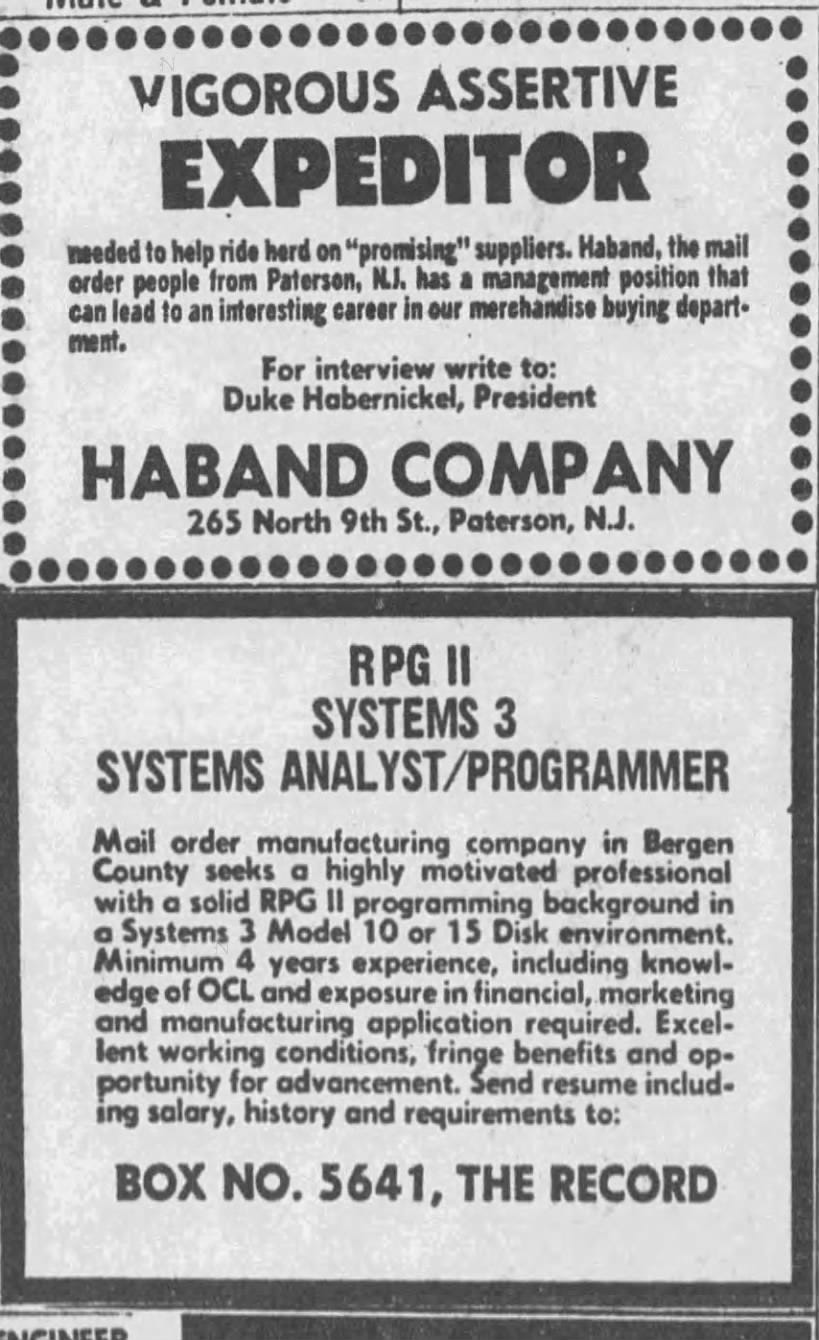
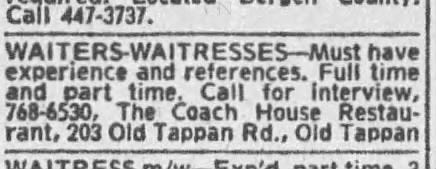

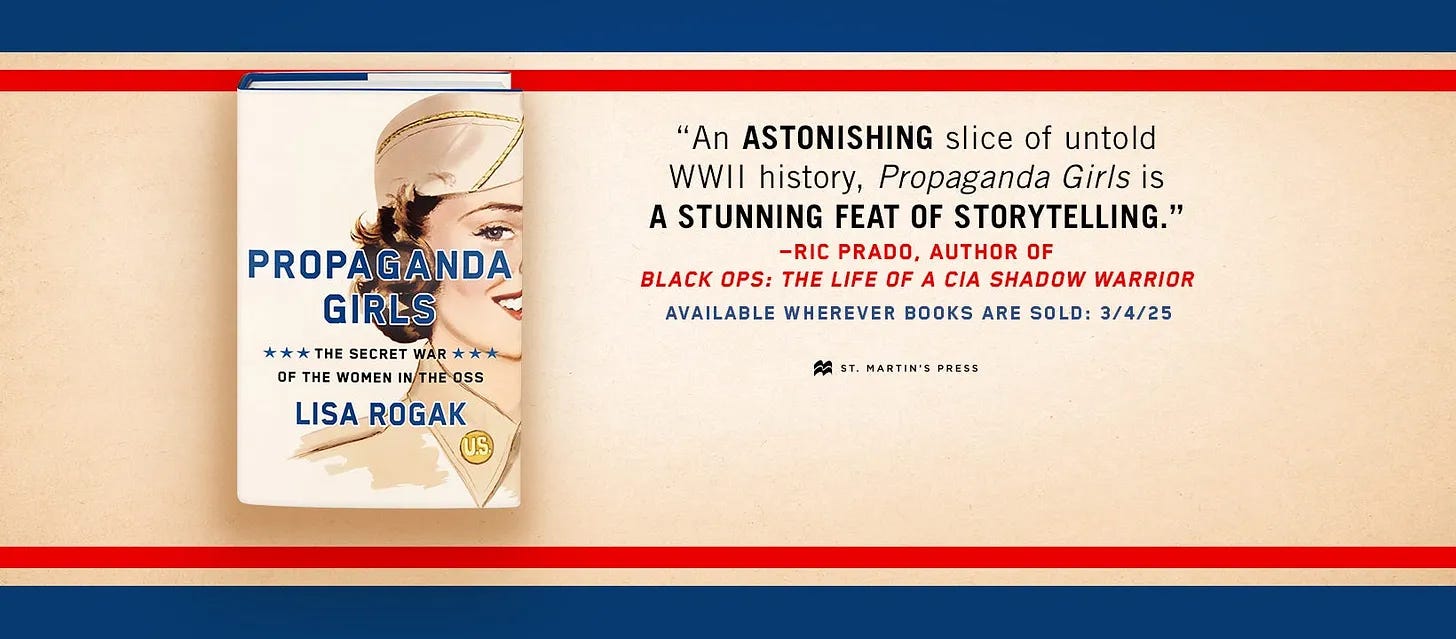
Wonderful insights and thoughts to ponder. Thank you for sharing your journey with us.
I remember distinctly when I decided to reveal secrets about my early Mennonite life in my first memoir.
The main characters were already gone, so there was no need to conceal anything because I may hurt their feelings. Thus, I had to give myself permission. I distinctly remember posing my fingers over the computer keys and saying, "Do I want to write about the charms of a plain life in the Pennsylvania meadows OR do I want to tell a more authentic story? I chose the latter.
A writer that cut me completely loose from my waffling said this: "Why Bother? Because right now, there is someone out there with a wound in the exact shape of your words. ~Sean Thomas Dougherty